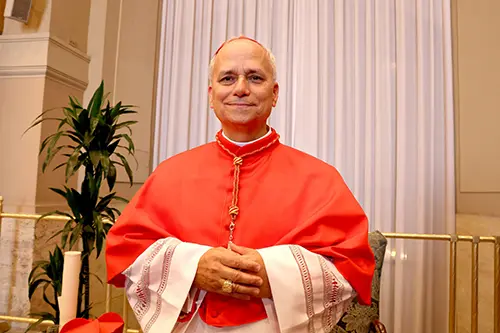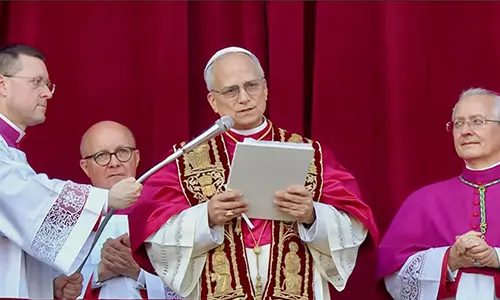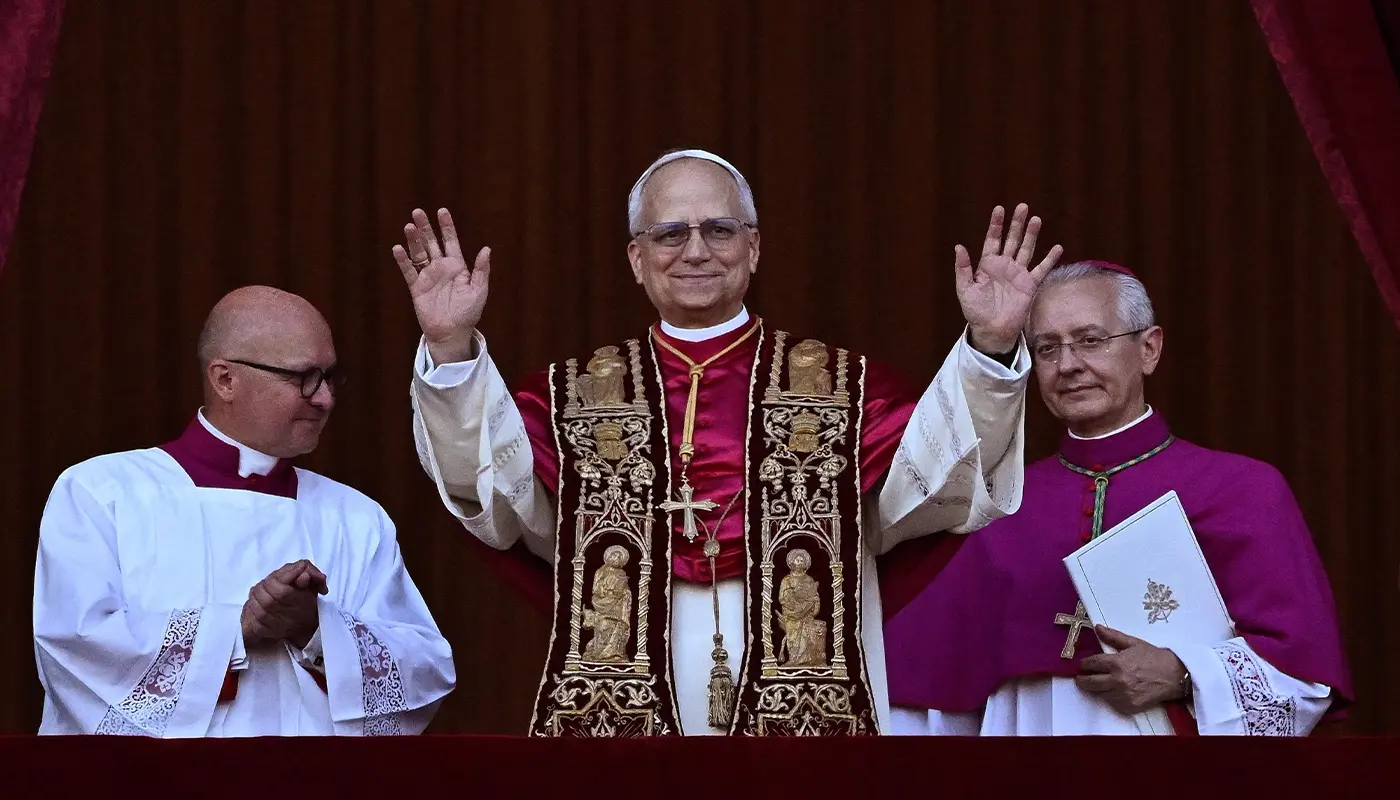Vatican City — The Roman Catholic Church ushered in a historic era today as Cardinal Robert Prevost of the United States was elected the 267th Pope, succeeding Pope Francis. Emerging onto the balcony of St. Peter’s Basilica to greet the faithful, the newly elected pontiff announced he would take the papal name Pope Leo XIV.
The decision followed a two-day conclave held in the Sistine Chapel, where 133 cardinal electors gathered in strict secrecy to vote. Black smoke billowed from the chapel chimney after the first few rounds, signalling inconclusive votes, until white smoke appeared on Thursday afternoon, May 8, 2025 — a sign that a new Pope had been chosen.

Cheers erupted from thousands gathered in St. Peter’s Square as the Vatican’s senior cardinal deacon declared the traditional words “Habemus Papam” — “We have a Pope.”
At 69, Pope Leo XIV becomes the first pontiff from the United States, a Chicago-born cardinal who spent years as a missionary and archbishop in Peru before being appointed head of the Vatican’s Dicastery for Bishops. Known for his moderate views and alignment with Pope Francis’s reforms, he is seen as a continuation of the late pontiff’s legacy of openness and pastoral care.
In his first address as Pope, he offered a message of peace and unity:
“As he makes his first appearance on the balcony of St. Peter’s Basilica, Pope Leo XIV greets the faithful to invoke peace, pledging to work for a united Church faithful to Jesus and to the Gospel.”

Pope Francis, who served for more than 12 years and died on April 21, 2025, was mourned during a nine-day period before the conclave began on May 7. His funeral was held on April 26 in St. Peter’s Square, attended by cardinals and global leaders.
World leaders, religious figures, and millions of Catholics around the globe have sent messages of congratulations and prayers for the new Holy Father. Ukrainian President Volodymyr Zelenskyy expressed hope for continued Vatican support for peace and international law.
The new pontificate is expected to focus on continuing Pope Francis’s reforms within the Curia, fostering interfaith dialogue, and addressing global challenges such as climate change, artificial intelligence, and ongoing conflicts.




